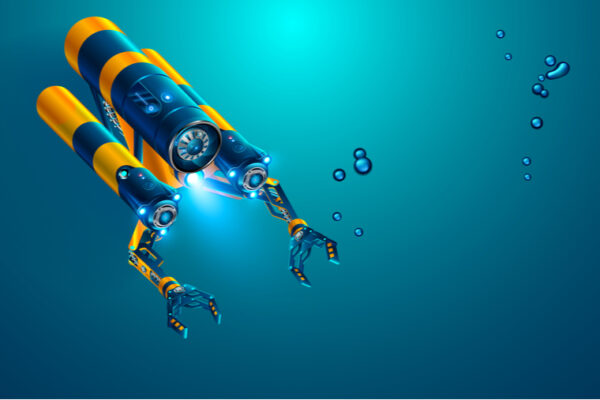Late in 2022, the U.S. Navy said it planned to increase its use of unmanned underwater vessels (UUVs) as it seeks to become a manned/unmanned hybrid fleet.
With a three-year $630,000 grant from the Office of Naval Research, Vijay Ramani will develop, scale and test fixed-polarity and fixed-gas unitized regenerative fuel cells, which are energy-dense and space-saving energy storage and power-generation units. Ramani is vice provost for graduate education and international affairs and the Roma B. & Raymond H. Wittcoff Distinguished University Professor at the McKelvey School of Engineering at Washington University in St. Louis.

The highly efficient unitized regenerative fuel cells would be used in the UUVs and other platforms used by the U.S. Navy and would replace a lithium battery or a diesel engine, both of which have challenges related to underwater propulsion.
“For the Navy, it is important to have a single device to store enough energy to power for a long mission,” Ramani said. “Such devices should have a good form factor, low acoustic emissions and should be air-independent.”
Ramani has received continuous funding from the Office of Naval Research since 2009 and previously worked on liquid-liquid fuel cells technologies that have been disclosed to the university’s Office of Technology Management and are in the patent prosecution process.
Read more on the engineering website.


